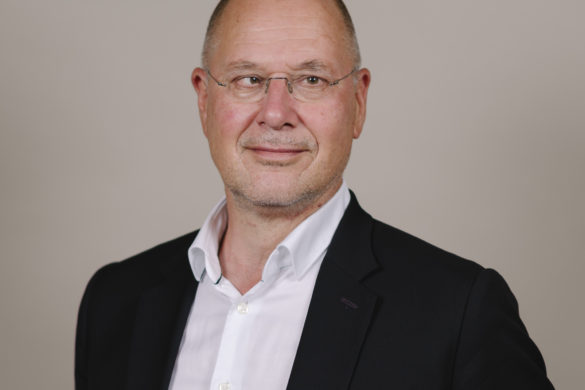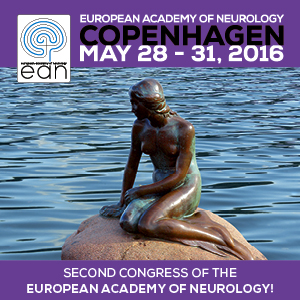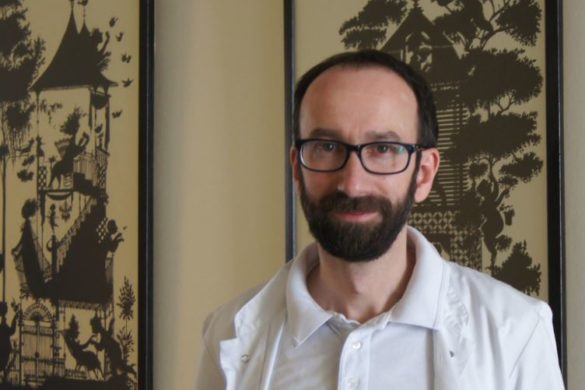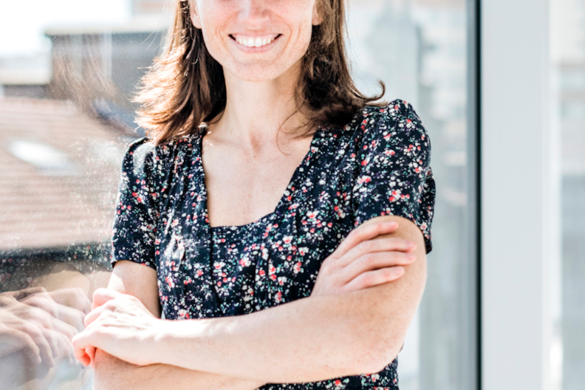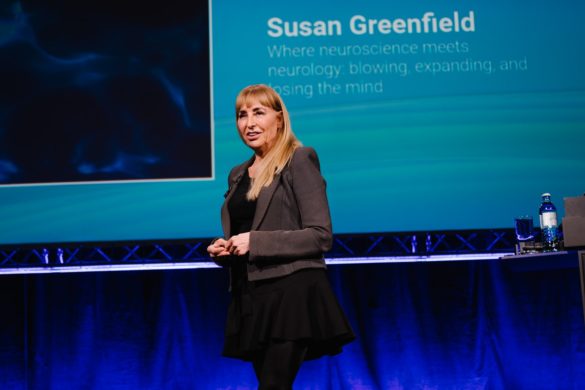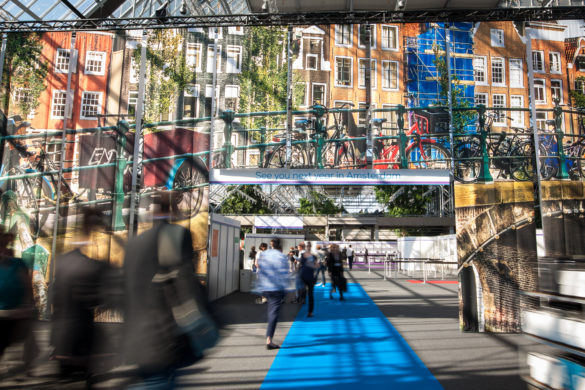Again, Neuropenews asked EFNS/ENS committee members, Panel chairs, Speakers, … which session one should not miss at the upcoming congress in Istanbul, June 2014. You will find the answers below …
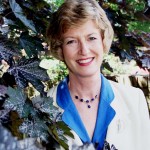 Audrey Craven, EFNA President
Audrey Craven, EFNA President
I will not miss the … EFNA Special Session: Improving Doctor-Patient Communication on Saturday, May 31, 2014 at 11.00h.
As President of the European Federation of Neurological Associations, I am most looking forward to our annual special session at the Congress on Saturday, May 31 at 11.00h. The topic this year will explore how we can improve communication between patients and physicians. Attendees should leave this session with a greater understanding of the barriers to communication for those affected by a neurological disorder and the techniques required to overcome these obstacles.
These issues will be explored through humorous role-plays, case-studies and panel debate – alongside keynote presentations on ‘The Neurology of Speech and Language’ and ‘What brain imaging does not tell us’.
It is really important that physicians and patients engage in a more meaningful manner as we move into an era of patient-centred care. So, why not take a break from the scientific sessions to attend our interactive workshop? It’ll be an opportunity to learn more about this topic, but also to meet the patients affected and to study the topic through our eyes!
I look forward to seeing you there and thank you in advance for your support!
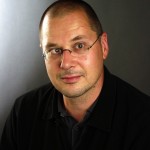 Thomas Berger, Chair eLearning Subcommittee
Thomas Berger, Chair eLearning Subcommittee
I won’t miss the Plenary Session on “Hot topics in Neuroscience” (Sunday, 1 June, 8.30h) because of its scientifically most interesting contents, which selectively represent currently true “hot topics”, presented by highly reputated and distinguished speakers. Another “hot topic” of utmost importance in daily practice and of increasing relevance due to its inherent focus on giving more weight on patients’ reports on disease and treatment outcomes will be the EFNS/ENS/EFNA Awareness Session on “Improving Physician-Patient Communication”. And finally, I’m looking forward to one of the last sessions, “Highlights of the Congress” (Tuesday, 3 June, 13.00h), for two reasons: first, it will be a great final wrap-up of what happened during the Congress, and, second, it will be likely preceding the session, which will celebrate what will happen in the future: the official foundation of the EAN, the milestone for ultimately unified and concerted efforts in and for clinical and basic neurosciences in the future.
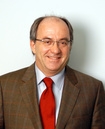 Michael Brainin, Chair Scientific Committee
Michael Brainin, Chair Scientific Committee
I will not miss… Post-stroke dementia Symposium 1 on Saturday, 31 May at 8.30h.
This is an underinvestigated and fascinating area and represents a rapidly developing field for the future. This Symposium gives you a view of the challenges of PSD presenting today. Once disease definition has been accepted, imaging techniques have improved and the major pathology is better defined, the road to prevention and therapy may be opened. This allows us to develop more focused and thus more effective clinical trials.
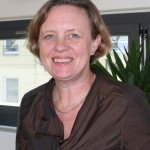 Gunhild Waldemar, Chair Liaison Committee
Gunhild Waldemar, Chair Liaison Committee
I would not miss out on the “Hot Topics in Neuroscience” session on Sunday June 1, 8.30h. Does autoimmune encephalopathies really origin from the gut? How close are we towards a cure for prion diseases? Six neuroscientists (Ernst Bamberg, Edward Boyden, Karl Deisseroth, Peter Hegemann, Gero Miesenböck and Georg Nagel) were awarded the prestigious Brain Prize 2013 from the Grete Lundbeck European Brain Research Foundation for their invention and refinement of optogenetics. What is it? – Why do we think that optogenetics may revolutionise our understanding of brain diseases and maybe even lead to new treatment approaches ? What is new in cognitive and behavioural neurology? If you are as eager as I am to learn the answers – do not miss the hot topics plenary.
The complete scientific programme of the congress can be found here: http://efns2014.efns.org/Preliminary-Programme.1153.0.html




